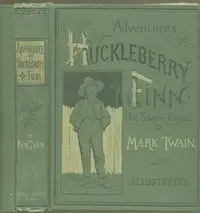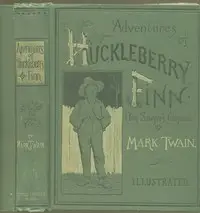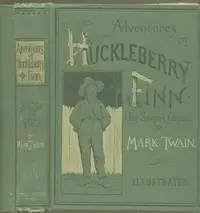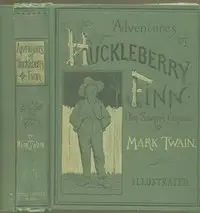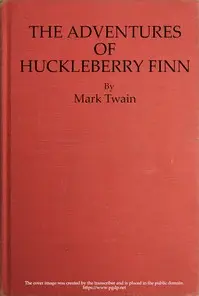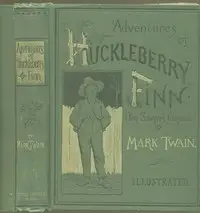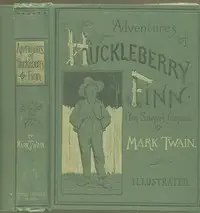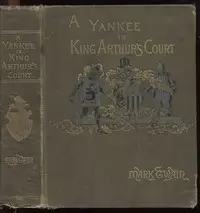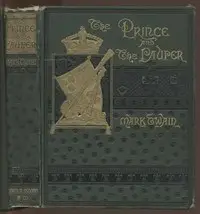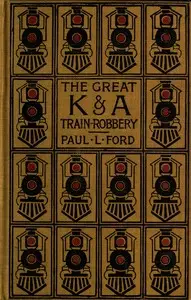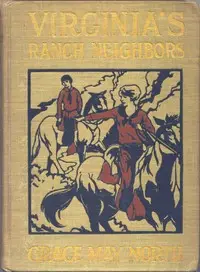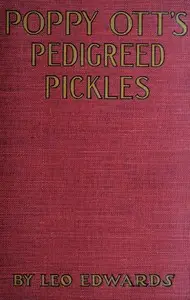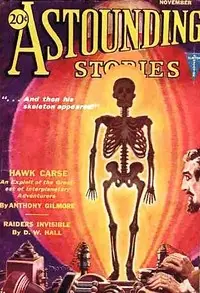"Adventures of Huckleberry Finn, Chapters 36 to the Last" by Mark Twain is a story from the late 1800s that continues the journey of Huck Finn, a youthful character, down the Mississippi River with Jim, an enslaved man fleeing to freedom. This portion of the tale uncovers the intricate scheme hatched by Huck and his friend, Tom Sawyer, designed to liberate Jim, held captive in a cabin. Faced with the slow pace of their digging, they choose to use faster tools, even if it means risking exposure. The story is woven with amusing ideas, like stealing equipment and talking about the foolish ideas about prison life, used to enable Jim’s escape, blending humor with more serious points about friendship and slavery. The young protagonists consider the difference between right and wrong as they continue with their adventurous plans for escape.
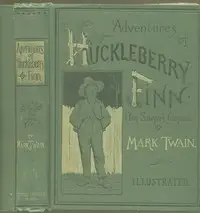
Adventures of Huckleberry Finn, Chapters 36 to the Last
By Mark Twain
Two friends put their wild ideas and friendship to the test to break an enslaved man free, using every trick they can imagine.
Summary
About the AuthorSamuel Langhorne Clemens, known by the pen name Mark Twain, was an American writer, humorist, and essayist. He was praised as the "greatest humorist the United States has produced," with William Faulkner calling him "the father of American literature." Twain's novels include The Adventures of Tom Sawyer (1876) and its sequel, Adventures of Huckleberry Finn (1884), with the latter often called the "Great American Novel." He also wrote A Connecticut Yankee in King Arthur's Court (1889) and Pudd'nhead Wilson (1894) and cowrote The Gilded Age: A Tale of Today (1873) with Charles Dudley Warner.
Samuel Langhorne Clemens, known by the pen name Mark Twain, was an American writer, humorist, and essayist. He was praised as the "greatest humorist the United States has produced," with William Faulkner calling him "the father of American literature." Twain's novels include The Adventures of Tom Sawyer (1876) and its sequel, Adventures of Huckleberry Finn (1884), with the latter often called the "Great American Novel." He also wrote A Connecticut Yankee in King Arthur's Court (1889) and Pudd'nhead Wilson (1894) and cowrote The Gilded Age: A Tale of Today (1873) with Charles Dudley Warner.

